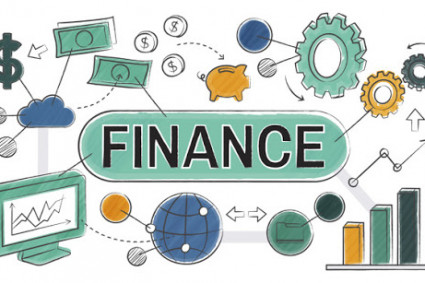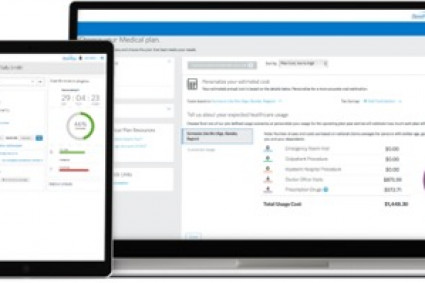
A contractor in San Francisco needs to be adept with the IRS regulations about the construction business. Failure to comply with these regulations results in fines and legal complications. While a construction business CPA can help you abide by the regulations, it is important to know and understand the basics. On that note, here's an overview of some of the key IRS regulations that contractors need to fulfill to remain in good standing with the tax authorities.
Essential IRS Regulations for San Francisco Contractors
If you are a contractor or own a construction business, these are a few IRS regulations that would matter for the success of your business.
1. Worker Classification
Proper classification is one of the most critical IRS regulations for contractors. As a contractor in San Francisco, you must correctly determine whether you are employees, independent contractors, or business owners. Inaccurate classification of workers can lead to penalties and back taxes. The IRS provides guidelines to help make this determination, considering factors like control over work financial aspects and likewise. If you have any confusion, a CPA can help you with that.
2. Record-Keeping
The IRS requires contractors to maintain detailed records of income, expenses, and other financial transactions. Good record-keeping is essential for complying with IRS regulations and managing the financial health of the business. Maintaining accurate and updated records also helps during audits.
3. Employment Taxes
San Francisco contractors are responsible for withholding and paying employment taxes for their employees. These taxes include federal income tax, Social Security, and Medicare taxes. You have to comply with the rules for withholding, and paying these taxes to avoid penalties and legal issues.
4. Form 1099 Reporting
You must issue Form 1099-MISC to report payments to non-employee service providers. This includes subcontractors and other businesses that provide services. Failing to provide accurate and timely 1099 forms can result in fines.
5. Estimated Tax Payments
Self-employed contractors must make quarterly estimated tax payments to cover their income tax and self-employment tax liabilities. Don't underestimate these payments as they can lead to underpayment penalties and interest charges.
6. Depreciation and Capital Assets
Contractors often invest in expensive equipment and machinery for their business. While doing so it's important to understand the rules for depreciating these assets to minimize tax liability. The IRS provides guidelines on how to calculate depreciation, which can affect a contractor's overall financial picture. Need help with that? Contact a reliable CPA today!
7. Tax Credits and Deductions
Every contractor should explore available tax credits and deductions to reduce their tax liability. It may include incentives related to energy-efficient building practices, historic rehabilitation, and more.
8. Local and State Taxes
In addition to federal IRS regulations, contractors in San Francisco must also navigate local and state tax regulations. It's essential to understand specific tax requirements for the city and state to ensure full tax compliance.
Concluding Note
Given the complexity of IRS regulations, many contractors find it beneficial to work with a CPA, specializing in construction industry taxation. A construction business CPA in San Francisco can provide expert guidance on compliance and help contractors take advantage of available tax incentives and deductions.




